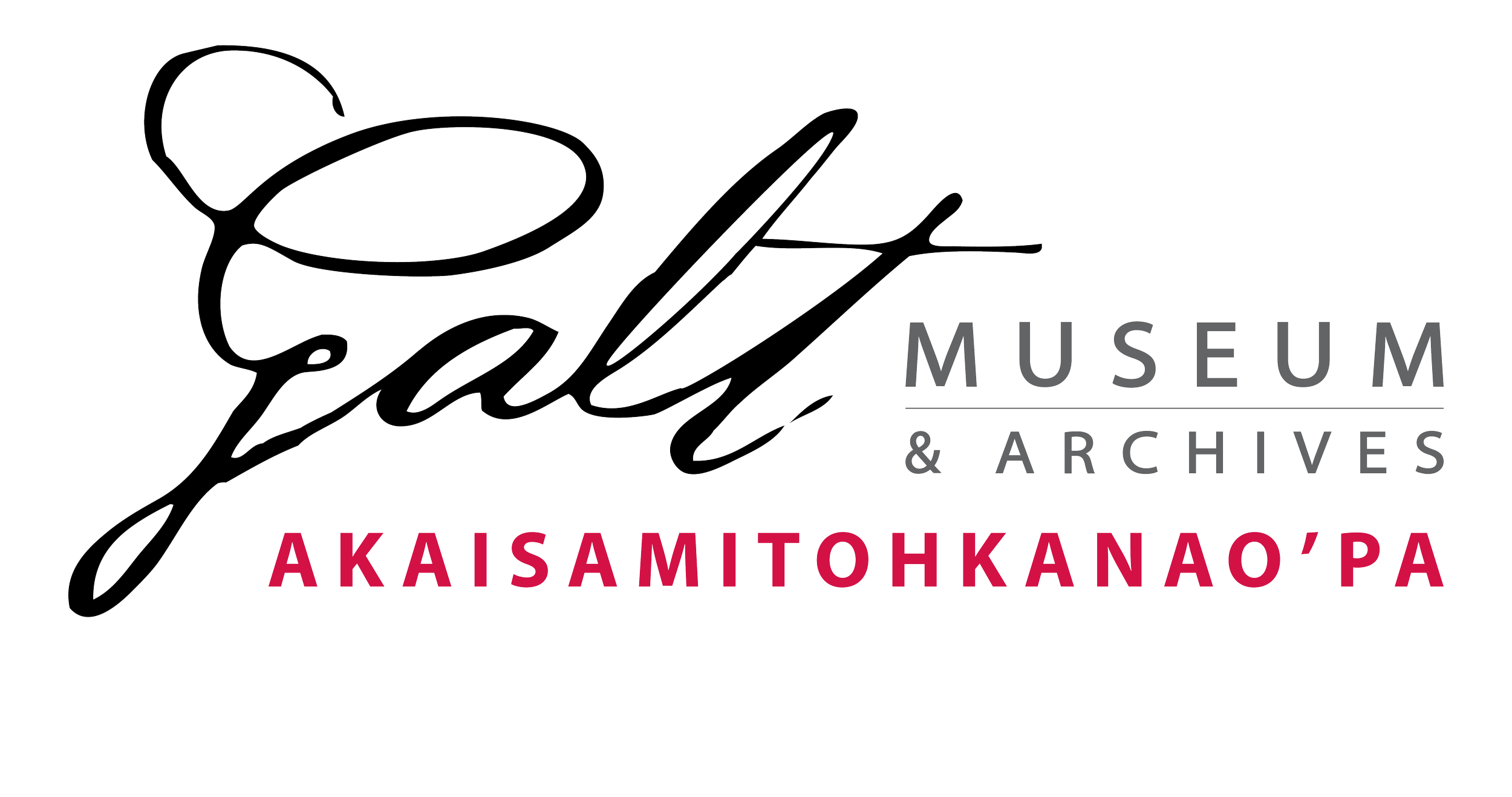Film Screening: A Sorry State with Mitch Miyagawa
Meet the most apologized-to family in the country—maybe even the world
Lethbridge – With three Canadian government apologies to his parents and stepparents for past racist actions, filmmaker Mitch Miyagawa has the most apologized-to family in the country—maybe even the world. But what do they mean, to his parents, his young children and to his country? Miyagawa’s 2012 documentary, A Sorry State, chronicles his life-changing journey of discovery. He will be at the Galt Museum & Archives on Thursday, November 14 for a screening of the film beginning at 7:00 pm, followed by a Q&A.
2013 marks the 25th Anniversary of Japanese-Canadian Redress: in 1988, Mitch Miyagawa’s Japanese-Canadian family received an apology from Prime Minister Brian Mulroney for the internment of Japanese Canadians during WWII. Miyagawa’s stepmother Etheline was a young victim of residential schools for Aboriginal children. His stepfather, Harvey, is the son of Chinese immigrants who were burdened with a racist head tax. Both also received official apologies from the Canadian government.
Motivated by a desire to pass down the family story to his young children, Miyagawa travels across Canada and revisits those painful pasts—from old residential schools to the fields of southern Alberta. He sees how his parents, stepparents and others have each chosen different paths: to ignore, to forgive, or to remain bitter. Along the way, he discovers a worldwide wave of official government apologies, and delves into Canada’s latest attempts at reconciliation for other past wrongs.
A wry, honest and emotionally powerful film, A Sorry State (2012, 47 min)investigates how we deal with past government-perpetrated trauma, explores our sense of nationhood and identity and witnesses the different ways we pass this dark legacy down to future generations.
Admission to this special program is free, and made possible by the Nikkei Cultural Society of Lethbridge and Area, as well as the National Association of Japanese Canadians [NAJC]. The NAJC successfully negotiated the historic Redress Settlement on behalf of all Japanese Canadians who suffered injustices at the hands of their own government during and after World War II when they were dispossessed, forcibly relocated and interned.
The Archives, Discovery Hall and Museum Store are open Thursdays from 10:00 am to 9:00 pm, with a cash bar open from 5:00 – 8:00 pm. For details on these and other programs and exhibits visit www.galtmuseum.com, call 403.320-3954, or email info@galtmuseum.com
BACKGROUNDER
Mitch Miyagawa.
Photo by Ian Stewart.
Mitch Miyagawa is the director/writer/co-producer of A Sorry State, a one-hour documentary for TVO. He was the winner of the Canadian Screenwriting Award for Documentary in 2013. He previously directed and produced several short documentaries and dramas for NFB and Bravo, and co-wrote a feature script with Force Four Films.
Miyagawa has won Western and National Magazine Awards for his non-fiction work, for cover stories in Walrus and Geist magazines. His essay for Walrus, “A Sorry State”, was anthologized in the Aboriginal Healing Foundation‘s Truth and Reconciliation series. It was also part of Speaking My Truth: Reflections on Reconciliation and Residential School, a book club edition selected by Shelagh Rogers. Miyagawa was a finalist for the CBC Literary Awards in non-fiction in 2011. He has also written extensively about his former home in the Yukon in North of Ordinary and Up Here magazines.
As a playwright, his play The Plum Tree was widely produced in Canadian theatres, including ATP’s playRites Festival. The Plum Tree was published in 2004 by Playwrights Canada Press, and recently appeared in the anthology Love and RelAsianships. Miyagawa’s latest play, Carnaval, was produced in 2007 by Gwaandak Theatre Adventures and Nakai Theatre, and was published in the journal Ryga in 2012.
Mitch Miyagawa recently moved to Gabriola Island with his wife Angela, and their two sons, Tomio and Sam.
Excerpt from "A Sorry State", Walrus Magazine, December 2009
By Mitch Miyagawa
(Winner, Honourable Mention, National Magazine Awards)
“I was aware that my family had become a “multi-culti” case study, but after realizing the government had apologized to my family three times, it went from a funny coincidence to a kind of joke (Q: How does a Canadian say hello? A: ‘I’m sorry.’) But then I started wondering what these apologies really meant, and whether they actually did any good. In seeking answers, I’ve mostly found more questions. I’ve become both a cynic and a believer. In other words: I’m more confused than ever before. I’m no apology expert or prophet. I’m so sorry. All I can offer is this: my apology memoir.”
The National Association of Japanese Canadians [NAJC]
The NAJC successfully negotiated the historic 1988 Redress Settlement on behalf of all Japanese Canadians who suffered injustices at the hands of their own government during and after World War II when they were dispossessed, forcibly relocated and interned. 25 years ago, on September 22, 1988, Prime Minister Brian Mulroney and NAJC President Art Miki signed the redress agreement acknowledging the wrongs committed against Japanese Canadians. WEBSITE: http://www.najc.ca/
The Nikkei Cultural Society of Lethbridge and Area
The Nikkei Cultural Society of Lethbridge and Area is a non-profit organization whose interests include preserving the history of Japanese settlement in southern Alberta, as well as exploring aspects of traditional Japanese arts, crafts and culture.WEBSITE: http://nikkeiculturalsociety.wordpress.com/

